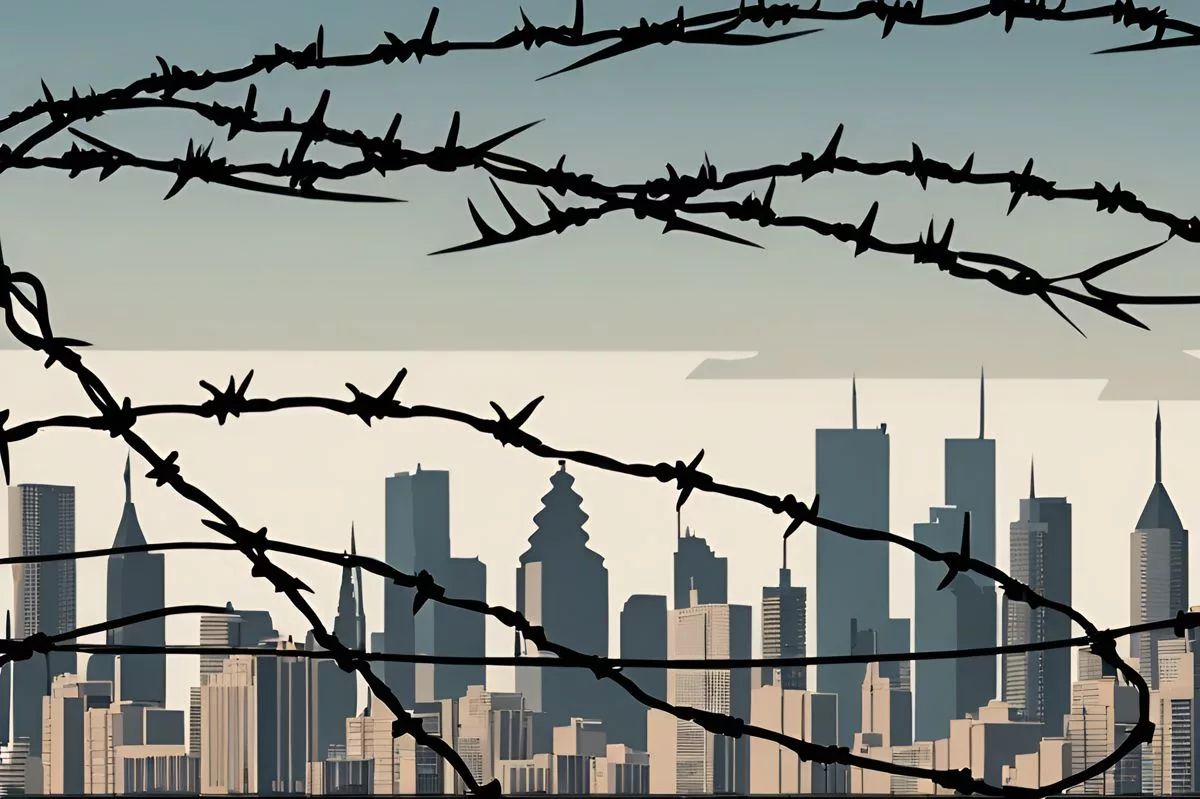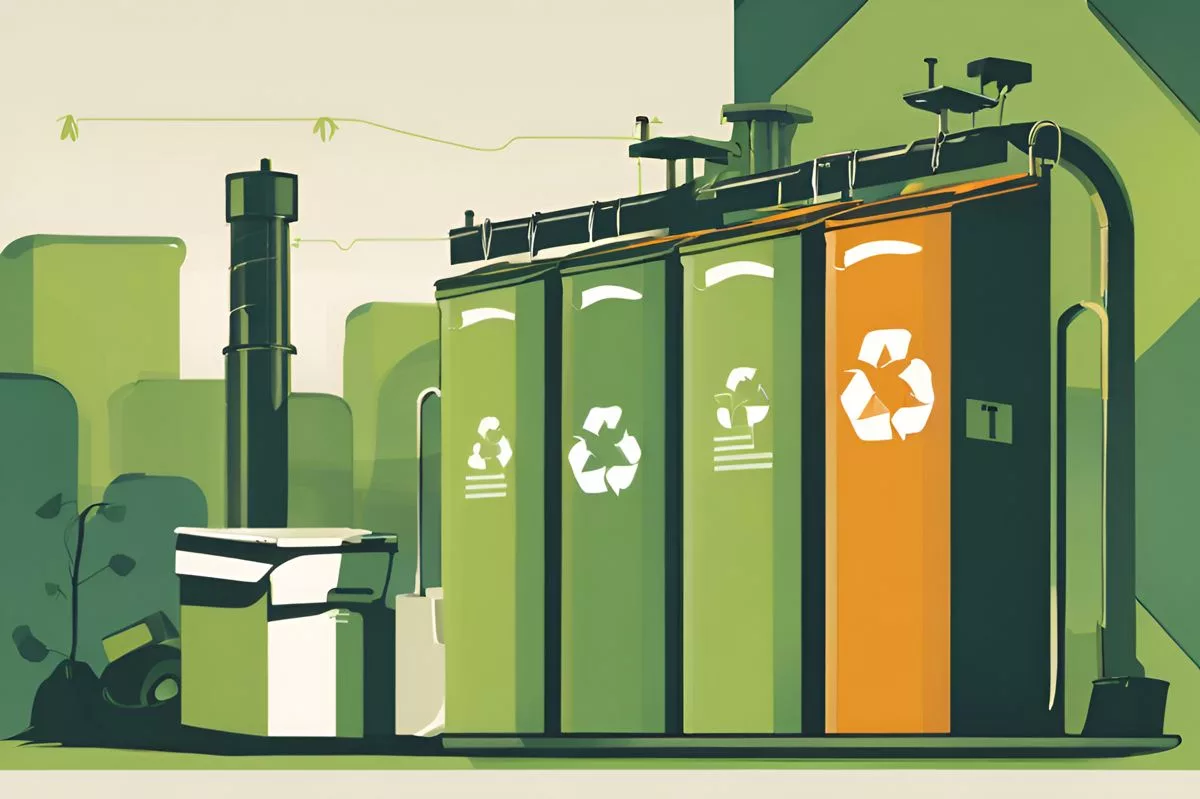Drug abuse in South Africa is a major problem that threatens society. The Central Drug Authority warns of continued misuse, insufficient funding for harm reduction, and an unquenchable demand for drugs. The government’s response is inadequate, and urgent and decisive action is necessary to combat this issue. The concerted efforts of all stakeholders, including the government, are critical in the quest for a drug-free society.
An Alarming Trend in Substance Abuse
Drug abuse in South Africa is on the rise, posing a serious threat to society. The Central Drug Authority warns of continued substance misuse, inadequate funding for harm reduction initiatives, and an unquenchable demand for drugs. The government response is insufficient, and urgent and decisive action is needed to combat this issue. The concerted efforts of all stakeholders, including the government, are critical in the quest for a drug-free society.
An Alarming Trend in Substance Abuse
In the modern world, countless problems plague society, but perhaps none as ominously as the rising tide of drug abuse in South Africa. The Portfolio Committee on Social Development recently unveiled the stark reality of this escalating crisis, emphasizing the need for the government to prioritize the fight against this widespread and evasive adversary.
The disclosure followed the culmination of a three-day orientation seminar, where the committee engaged with the Central Drug Authority (CDA). The CDA, charged with monitoring and coordinating the National Drug Master Plan (NDMP) 2019-24, shared insights that were both enlightening and unsettling.
Under the Prevention of and Treatment for Substance Abuse Act of 2008, the CDA stands at the forefront of a complex battle. They lead the execution of the NDMP, working alongside government departments and civil society. However, the struggle continues to be arduous, with the few triumphs often eclipsed by enduring difficulties.
Complications in Drug Prevention Efforts
The CDA’s briefing underscored the harsh reality of continued substance misuse, inadequate funding for holistic harm reduction initiatives, and an unquenchable demand for drugs. The already grim circumstance is further intensified by advancements in drug smuggling technologies and a lukewarm political commitment.
In addition, the CDA expressed apprehension about the lack of systematic data collection, financial limitations, and dismal reporting on economic growth strategies from national departments. The difficulty in navigating these obstacles significantly hampers the progress of the NDMP.
The committee strongly agreed with the CDA’s worries, highlighting the harmful effects of drug abuse on South African society. Every day, young lives succumb to drug-induced psychosis, educational institutions struggle with rampant drug abuse, families shatter, and there is a surge in gender-based violence and femicide amidst widespread substance abuse.
Government Response and Future Steps
Given the gravity of these problems, it is readily apparent that the current government response is insufficient in scope and scale to effectively combat this issue. The committee mirrored this sentiment, asserting that the drug abuse problem warrants heightened attention and, indeed, immediate government action.
In response to these revelations, the committee pledged to conduct a series of meetings with relevant departments and stakeholders. The aim is to construct a strategic plan that will reinforce government efforts to tackle the drug menace through enhanced oversight.
While doubts persist, the committee praised the Minister of Social Development’s dedication to address the issues highlighted by the CDA. They express hope that this pledge will materialize into concrete actions that will ultimately alter the trajectory in the war against drug abuse.
The Urgency for Decisive Action
As time continues to pass, the need for decisive action in South Africa grows increasingly urgent. The interconnected issues of drug abuse and the broader social crisis can no longer be ignored. The concerted efforts of all relevant stakeholders, strengthened by the support and commitment of the government, are critical in the quest for a drug-free society.
What is the current state of drug abuse in South Africa?
Drug abuse in South Africa is on the rise, posing a serious threat to society. The Central Drug Authority warns of continued substance misuse, inadequate funding for harm reduction initiatives, and an unquenchable demand for drugs.
What is the government’s response to drug abuse in South Africa?
The current government response is insufficient in scope and scale to effectively combat the issue of drug abuse. The Portfolio Committee on Social Development recently emphasized the need for urgent and decisive action from the government to prioritize the fight against this widespread and evasive adversary.
What are the complications in drug prevention efforts in South Africa?
The CDA’s briefing underscored the harsh reality of continued substance misuse, inadequate funding for holistic harm reduction initiatives, an unquenchable demand for drugs, and a lukewarm political commitment. In addition, the CDA expressed apprehension about the lack of systematic data collection, financial limitations, and dismal reporting on economic growth strategies from national departments.
What are the harmful effects of drug abuse on South African society?
Every day, young lives succumb to drug-induced psychosis, educational institutions struggle with rampant drug abuse, families shatter, and there is a surge in gender-based violence and femicide amidst widespread substance abuse.
What is being done to combat drug abuse in South Africa?
The Portfolio Committee on Social Development has pledged to conduct a series of meetings with relevant departments and stakeholders to construct a strategic plan that will reinforce government efforts to tackle the drug menace through enhanced oversight. The aim is to address the issues highlighted by the CDA and ultimately alter the trajectory in the war against drug abuse.
Why is there an urgent need for decisive action against drug abuse in South Africa?
The interconnected issues of drug abuse and the broader social crisis can no longer be ignored, and the need for decisive action in South Africa grows increasingly urgent. The concerted efforts of all relevant stakeholders, strengthened by the support and commitment of the government, are critical in the quest for a drug-free society.












